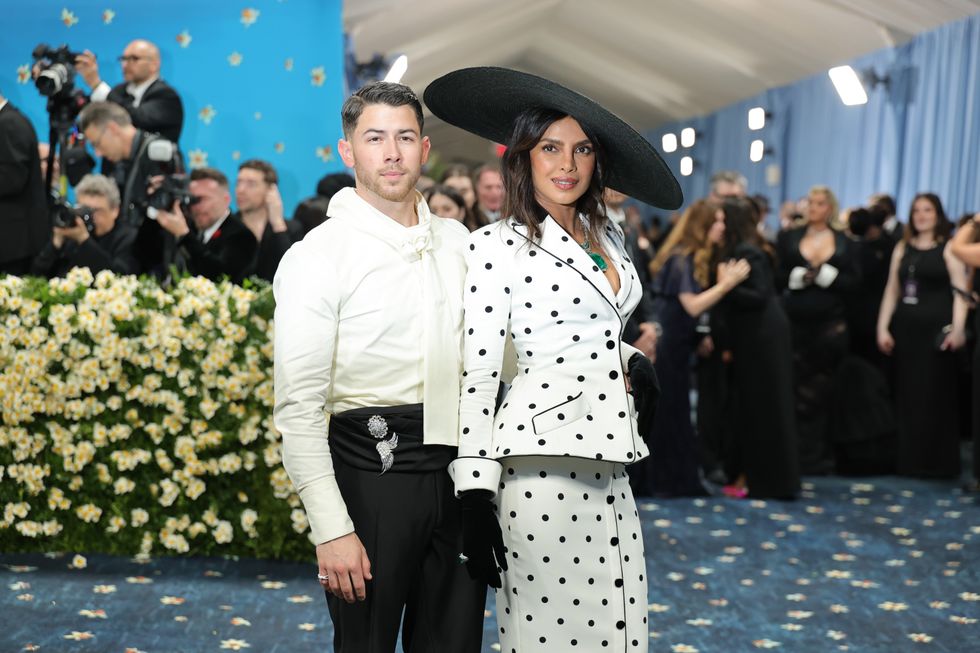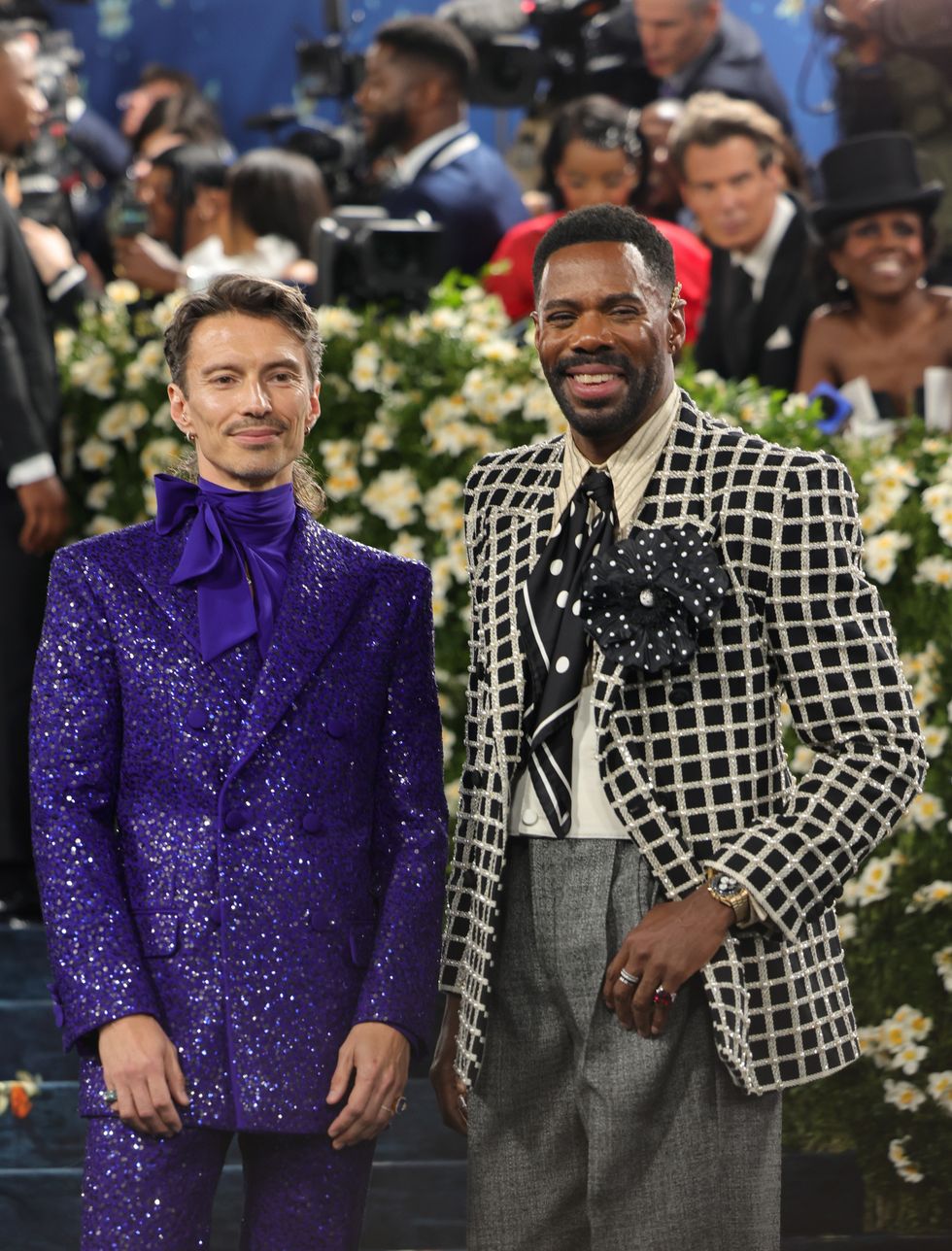As King Charles' coronation approaches, dozens of royal enthusiasts have started camping out in central London. However, while many are eagerly anticipating the historic event, an equal number of people are expressing apathy toward it.
The coronation, steeped in 1,000 years of history, will be the largest ceremonial event since Queen Elizabeth's coronation in 1953, complete with grand pageantry and an enormous military procession.
For some Britons, the event is a once-in-a-lifetime opportunity, while others are merely looking forward to the extra holiday on Monday (08).
"They just take everything from me. They never do a day's work," said Philip Nash, 68, as he swept the streets in Whitechapel, a more run-down area of east London.
"I'd like to see one of them come out here, come sweep this street. Have you known any of them to do a day's work? They are like vampires, sucking my blood".
In Whitechapel, an area where immigrants have settled in the British capital for centuries, some believe that a grand ceremony for the royals is unsuitable given the high inflation rate, which is running over 10%, leading to a sharp rise in the cost of food and energy.
Dentistry student Unab Ali, 19, said, "With loads of people struggling to pay bills and dealing with a lot of loss, it's kind of disheartening to see on TV so much resources and money being given to this family ... it doesn't feel like they're giving us anything back”.
Throughout the UK, Union Flag bunting decorates shops and public areas, and street parties are being organised in anticipation of King Charles' coronation. To ensure wider viewing, the ceremony will be broadcast on giant screens at 30 locations nationwide.
Although media outlets have reported on the coronation plans for months, polls suggest that most people are not very interested.
According to a YouGov survey from last month, only 33% of respondents said they cared about the event.
In a different poll conducted last week, 48% said they were likely to watch the coronation on TV, while 46% said they were not.
This is in contrast to the coronation of Elizabeth in 1953 when millions of people flooded the streets of London and 27 million watched the ceremony on TV, for many their first time seeing an event on television.
"I'm actually unplugging completely on Saturday (06) and I'm just going to go and be in nature for the day, with my phone off. So, I won't be celebrating," Justin Hackney, a 32-year-old filmmaker said.
"But I know my mum will, because it's special to her, because it was special to my grandma".
But those already queuing up along the mall, the grand boulevard leading to Buckingham Palace, expressed a sense of excitement for what they believe will be a special moment.
"I wouldn't have missed this for the world," said Tony Chen, who travelled from central England despite having a severe heart condition.
"Being at home watching it on TV is not like being here in real life".
Nursing associate Ali Stephens, 50, commented that while it might be nonsense, "it's our nonsense."
"It's something that this little country has got and big countries haven't got that," she said.
"And so, we should really cherish it and be thankful for all that pageantry and all that nonsense ... you don't get that in a republic".
(Reuters)

















 Rihanna- Third time's the charm and she made sure we all knew itGetty Images
Rihanna- Third time's the charm and she made sure we all knew itGetty Images  Karlie Kloss - Black white and bump perfection in one flawless packageGetty Images
Karlie Kloss - Black white and bump perfection in one flawless packageGetty Images  Kiara Advani - Golden goddess meets Met Gala debut with Bollywood brillianceGetty Images
Kiara Advani - Golden goddess meets Met Gala debut with Bollywood brillianceGetty Images Zinzi Coogler- Oversized blazer bump on display rewriting maternity suiting rulesGetty Images
Zinzi Coogler- Oversized blazer bump on display rewriting maternity suiting rulesGetty Images

 Nick Jonas and Priyanka Chopra serve up sleek contrast with polka dots and cream tonesGetty Images
Nick Jonas and Priyanka Chopra serve up sleek contrast with polka dots and cream tonesGetty Images  Colman and Raúl Domingo bring royal drama in bold tailoring and rich colourGetty Images
Colman and Raúl Domingo bring royal drama in bold tailoring and rich colourGetty Images  Gabrielle Union and Dwyane Wade redefine couple style with crisp monochrome magicGetty Images
Gabrielle Union and Dwyane Wade redefine couple style with crisp monochrome magicGetty Images Dua Lipa and Callum Turner blend vintage flair with modern edge effortlesslyGetty Images
Dua Lipa and Callum Turner blend vintage flair with modern edge effortlesslyGetty Images Pharrell Williams and Helen Lasichanh keep it cool in coordinated Louis Vuitton neutralsGetty Images
Pharrell Williams and Helen Lasichanh keep it cool in coordinated Louis Vuitton neutralsGetty Images Alicia Keys and Swizz Beatz turn heads in bold stripes and Harlem-inspired swaggerGetty Images
Alicia Keys and Swizz Beatz turn heads in bold stripes and Harlem-inspired swaggerGetty Images Simone Biles and Jonathan Owens light up the carpet with metallic shine and sharp suitsGetty Images
Simone Biles and Jonathan Owens light up the carpet with metallic shine and sharp suitsGetty Images Spike Lee and Tonya Lewis Lee mix relaxed cool with powerful purple tailoring Getty Images
Spike Lee and Tonya Lewis Lee mix relaxed cool with powerful purple tailoring Getty Images Usher and Jenn Goicoechea balance romance and structure with timeless charmGetty Images
Usher and Jenn Goicoechea balance romance and structure with timeless charmGetty Images Debbie Allen and Norm Nixon prove timeless love always dresses wellGetty Images
Debbie Allen and Norm Nixon prove timeless love always dresses wellGetty Images